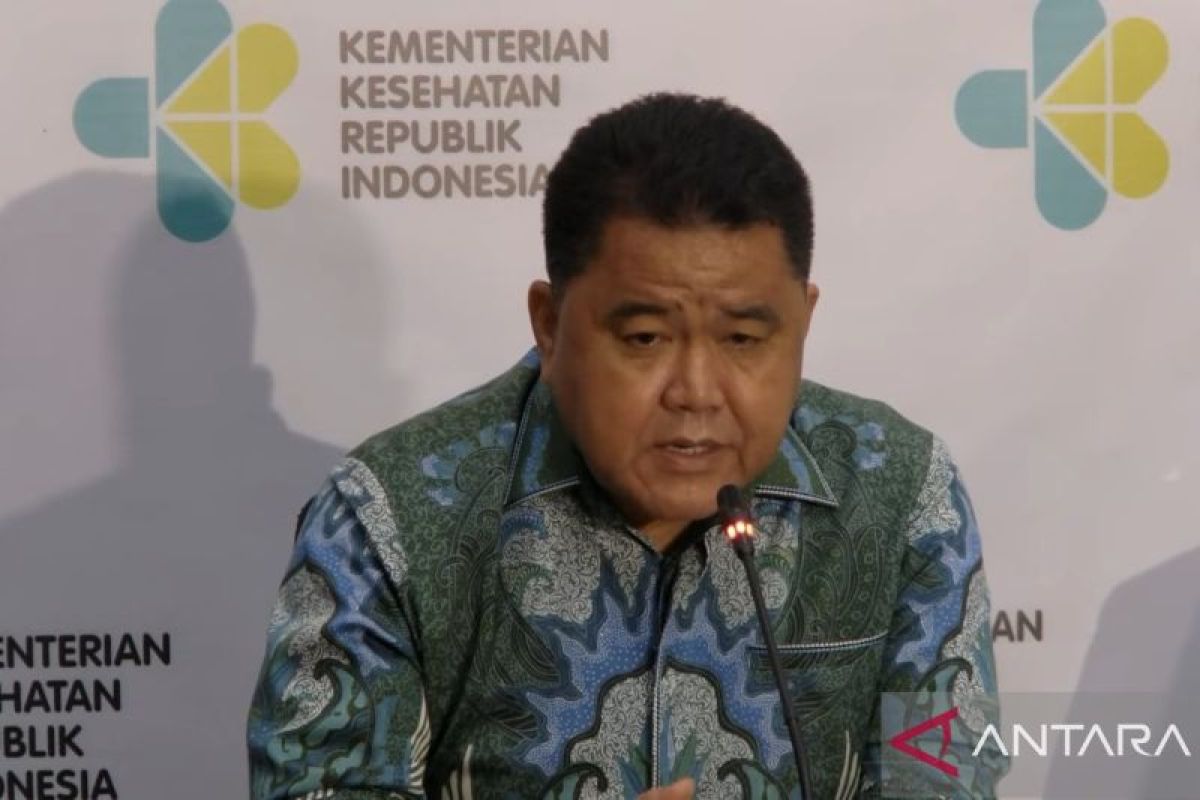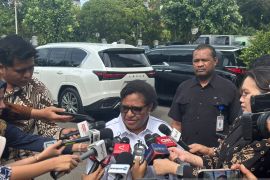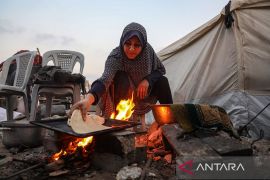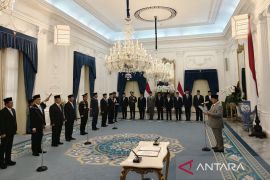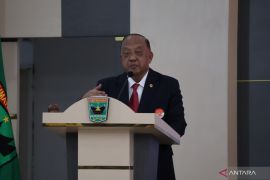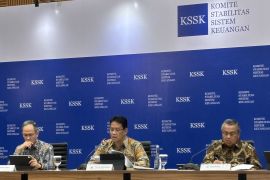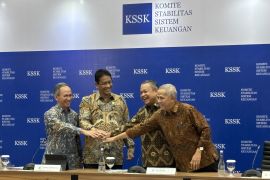"With quick response, we formed the Committee for Respiratory Disease and Air Pollution Control," the ministry's Director General of Disease Prevention and Control, Maxi Rein Rondonuwu, stated at a virtual press conference on the handling of air pollution's impact on public health followed here, Monday.
Rondonuwu noted that the results of surveillance of diseases arising from the effects of air pollution in Jabodetabek showed an increase in cases of acute respiratory infections (ARI), reaching an average of 200 thousand per month.
The data was compiled from reports from service workers at community health centers (puskesmas) and hospitals in the area in the last month.
Rondonuwu delegated several tasks to the committee in accordance with the main duties and functions of the Ministry of Health.
The tasks comprise educating the public regarding the dangers of pollution to health as well as the prevention efforts.
They also include surveillance through cooperation in monitoring PM.2.5, or particulate matter with a diameter of 2.5 micrometers or less, in Jabodetabek.
The Ministry of Health and the committee also conduct periodic surveillance every week to monitor the rates of ARI and pneumonia cases in puskesmas and hospitals, including monitoring the implementation of early alert and response systems.
"For pneumonia handling in Jabodetabek hospitals, we take inventory of their capabilities, so that all (hospitals) would be able to treat pneumonia in Jabodetabek," he stated.
On the same occasion, Head of the Committee for Respiratory Disease and Air Pollution Control, Agus Dwi Susanto, stated that PM2.5 is proven to have the biggest impact on public health, apart from sulfur dioxide, nitrogen oxides, and ozone.
He translated the tasks from the ministry into four work sectors, including the detection sector by monitoring air quality, especially in Jakarta, by installing air quality measuring devices in puskesmas and hospitals for early detection of pollution.
The second work sector is developing an early warning system for the community that is integrated with the government's SatuSehat application along with a presentation within the application on what users should do.
"Third, we carry out education to introduce health protocols, and finally, (the last work sector is) in the form of studies or research related to the impact of air (pollution) on health," he remarked.
Related news: Health centers asked to routinely measure air quality in Jakarta
Related news: Switch to public transport to reduce air pollution: Health Minister
Related news: VP Amin pushes for intensified emission tests to control pollution
Translator: Andi Firdaus, Raka Adji
Editor: Azis Kurmala
Copyright © ANTARA 2023
